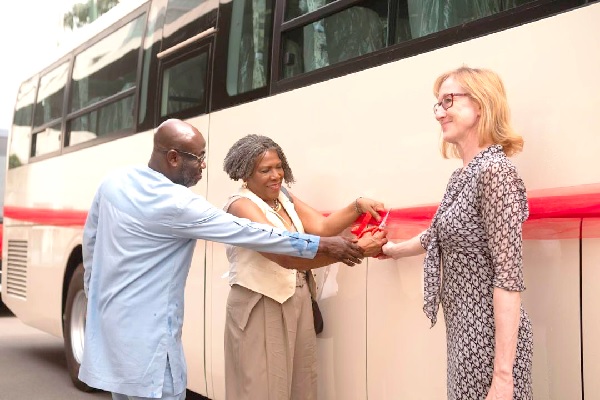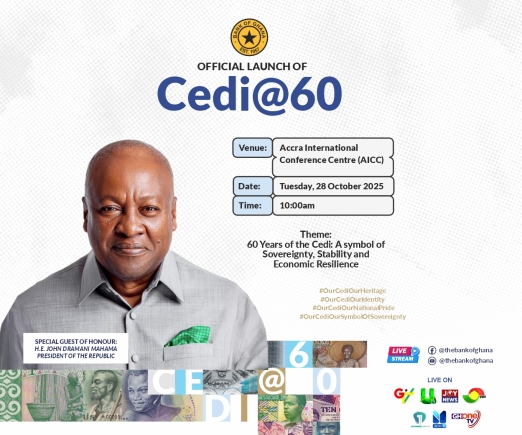Players in Ghana’s domestic tourism sector have cited the country’s high tax regime and the cumbersome visa requirements imposed by the government as having a negative impact on the sector.
The twin developments, among many other challenges, including lack of infrastructure in the sector, they claim is making it difficult for businesses in the industry to remain competitive in the global market.
The Chief Executive Officer of Landtours Ghana, Mawuli Dzebu, said high taxes were affecting pricing, making it less attractive for potential clients, especially when compared to destinations with more favourable tax policies.
Also, he said the visa requirements added an additional barrier for travellers, particularly when there were alternative destinations that offered visa-free access.
“Currently, Ghana is a difficult environment to work in and everybody is complaining about that; when you put out a package to people, 20 per cent of it is just tax and that is very disturbing because we are competing with other destinations.
“You can go to Senegal with an American passport without a VISA but a tourist needs $100 at the Ghana Embassy before visiting the country.
“Senegal and Kenya's visa-free policies give them a competitive advantage in attracting tourists who may prefer to avoid the hassle and expense of obtaining a visa. So we need to take a look at the inputs that go into our pricing and taxes are a major one,” he stated.
Mr Dzebu said that in an interview with the media on the sidelines of the launch of the 30th-anniversary celebration of Landtours, a prominent player in the country’s tourism industry in Accra.
The occasion coincided with the commissioning of two new 45-seater coaches to promote tourism in Ghana.
Impediments to growth
Ghana has emerged as a comparatively pricey tourist spot within the West African region due to the imposition of nearly 20 taxes and levies on patrons in the tourism and hospitality sector, setting it apart from other destinations on the continent.
Ghana continues to maintain high tour package prices and hotel rates due to taxes such as Sanitation levy, VAT, E-levy, and Tourism levy, among others, surpassing countries such as Senegal, Kenya and Côte d'Ivoire in terms of comparative costs.
There is also a lack of adequate infrastructure such as accessible roads, high-speed internet in rocky and hilly destinations, and health facilities among other things in many areas outside the capital, Accra, and others in the regions.
Enhancing travel experience
Mr Dzebu said the celebration of three decades not only reaffirmed the company’s commitment to providing immersive cultural and adventure travel experiences but also embarked on a new chapter with the commissioning of two state-of-the-art luxury coaches.
“These coaches symbolise our dedication to enhancing the travel experience for our valued clients. From our humble beginnings to becoming a staunch driver of authentic West African experiences and supporting the tourism economy in Ghana and beyond, our journey has been fuelled by a passion to showcase the rich diversities across West Africa,” he added.
The Deputy CEO of the Ghana Tourism Authority (GTA), Ben Anane-Nsia, commended Landtours Ghana for its achievements over the years, highlighting Ghana's ambitious goal of doubling tourist arrivals from one million to two million by 2026.
He emphasised the GTA's deliberate efforts at promoting domestic tourism, recognising its resilience and role in fostering community development.

